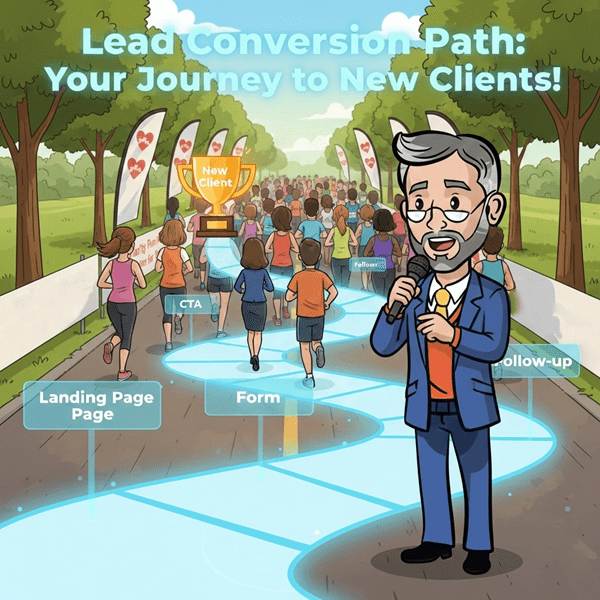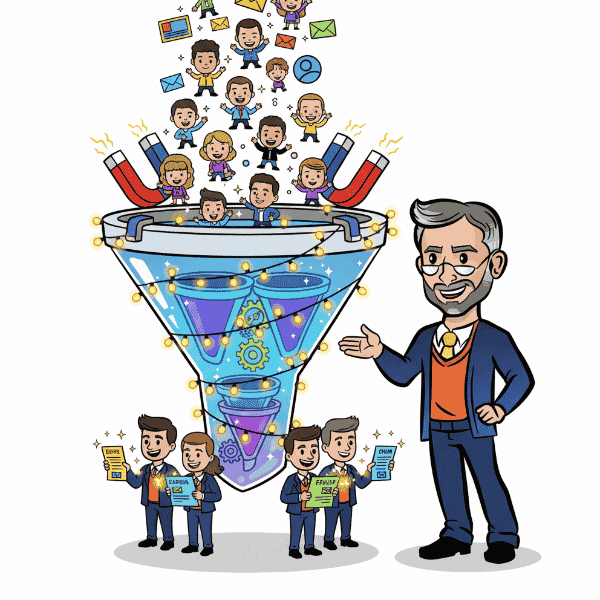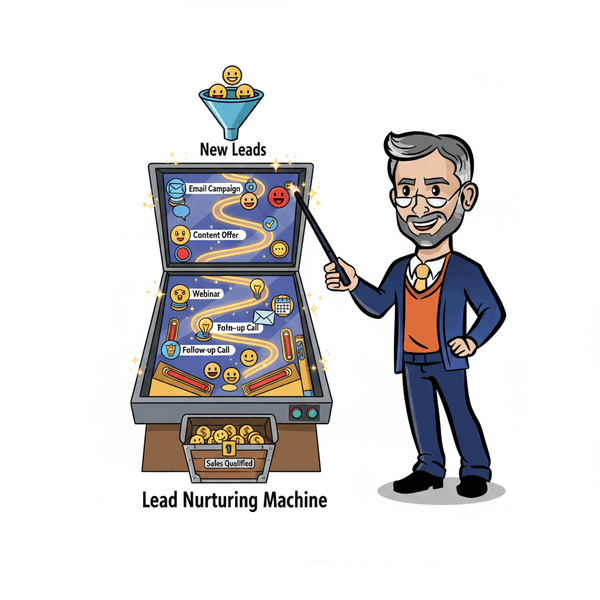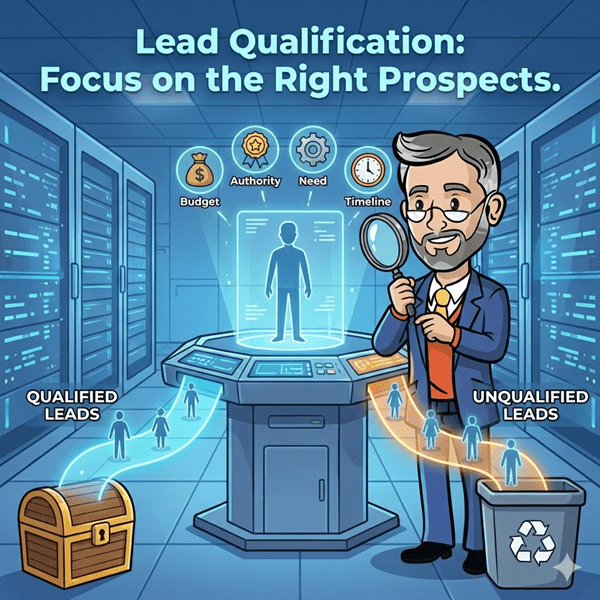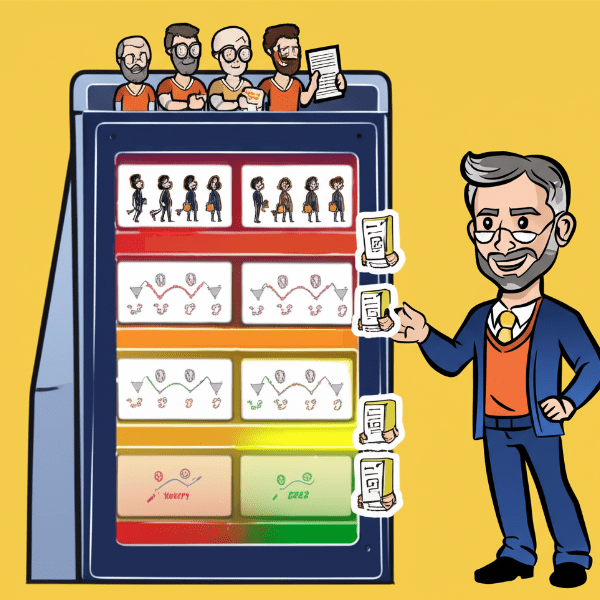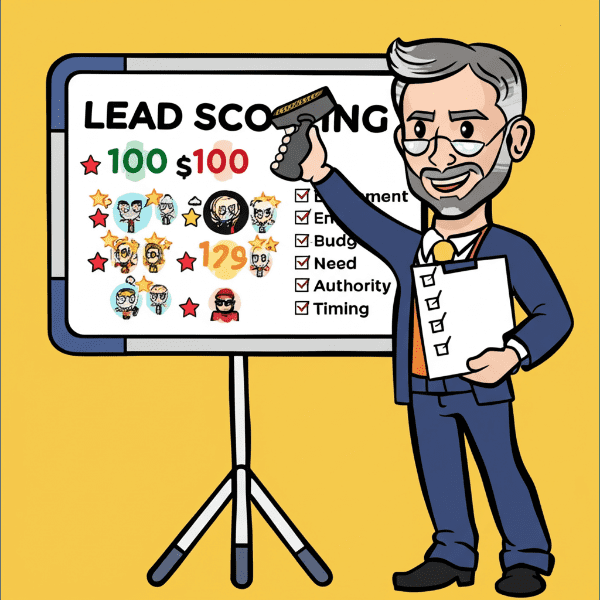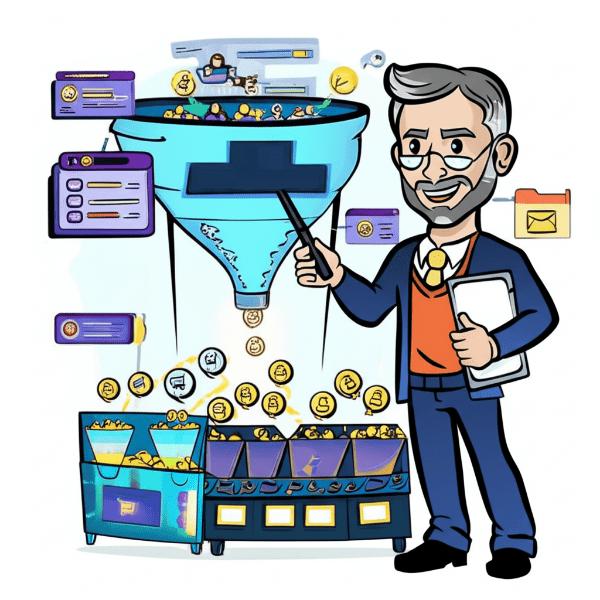Definition: A lookalike audience is a type of audience targeting used in digital advertising (most commonly on Facebook and Instagram) that finds new people who are likely to be interested in your business because they share similar traits and behaviours with your existing customers. You upload a source audience—such as your email list, past purchasers, or website visitors—and the ad platform uses its data to find other users with matching profiles. Lookalike audiences help you reach fresh prospects without guessing who your ideal customer might be.
Example in a Sentence: The marketing team created a lookalike audience from their top 1,000 customers to find new leads with similar buying habits.
Why is a Lookalike Audience Important?
1. Expands Your Reach with Quality Prospects
Instead of targeting a broad, random audience, a lookalike audience focuses your ads on people who are more likely to convert because they resemble your existing customers.

2. Speeds Up Campaign Performance
Lookalike audiences skip the trial-and-error stage of targeting. You start with people who already have a high likelihood of engaging with your offer.
3. Improves Ad Spend Efficiency
By targeting only relevant people, your cost per lead or sale can drop—helping your budget go further.
Find New Customers That Feel Like Your Best Ones
With a lookalike audience, you’re not just guessing who to target—you’re letting the platform’s data do the work. This means you can quickly find potential customers who behave like your current top spenders and grow your business faster.
More Definitions
- B2B Marketing Automation: Using software to streamline and automate marketing tasks for business-to-business sales.
- Data Segmentation Strategy: Dividing customer data into groups to deliver targeted marketing.
- Demand Generation Campaign: Marketing efforts designed to create awareness and interest in a product or service.
- Drip Campaign: A series of automated emails sent over time to nurture leads.
- Dynamic Content: Website or email content that changes based on user behaviour or preferences.
Useful Posts
Frameworks for Effective Lead Generation: Structured approaches that guide how businesses attract, nurture, and convert prospects into customers.








